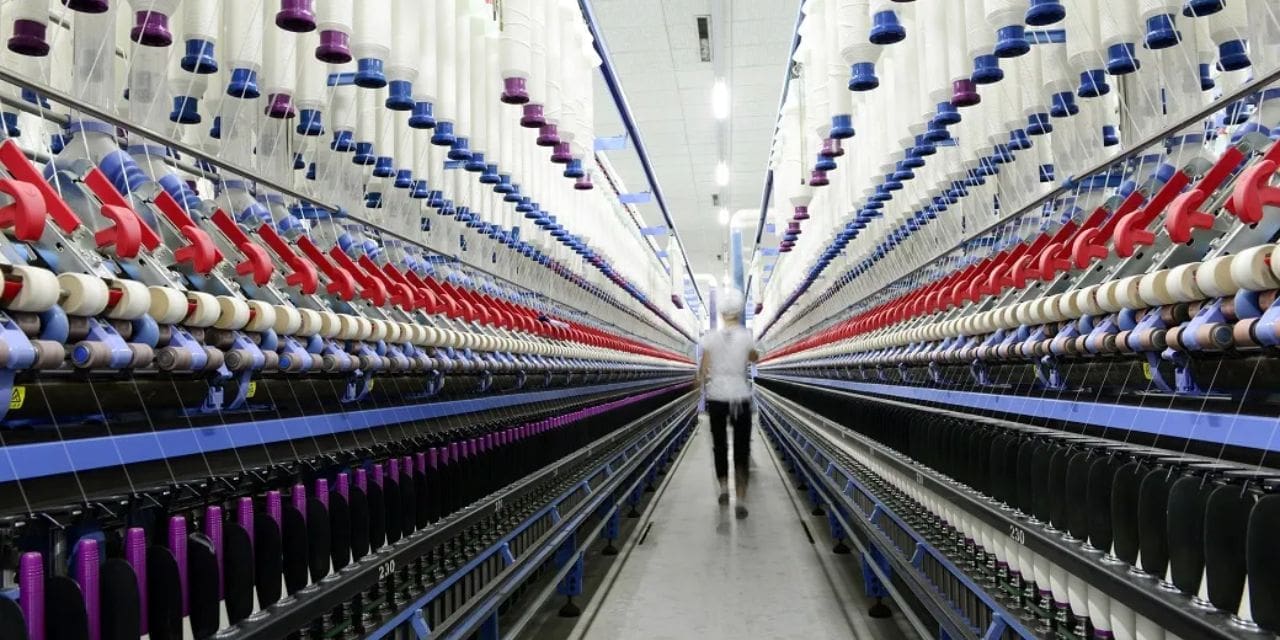The steep hike in electricity tariff will erode competitiveness of the High Tension consumers, especially power-intensive sectors such as textile industry, according to Southern India Mills’ Association.
The textile sector is the largest HT consumer of Tamil Nadu Generation and Distribution Corporation (Tangedco). Tamil Nadu accounts for one-third of the country’s textile business and has nearly 45 % of the spun yarn manufacturing capacity. However, it sources 97 % of cotton, the main raw material, from Gujarat, Maharashtra, Telangana, etc. These States offer incentives to textile industry and the mills from there are selling cotton yarn ₹10 to ₹15 a kg lower price in Tamil Nadu.
Ravi Sam, chairman of the Association, said the textile industry in the State is already uncompetitive and is unable to make sizable investments in modernisation, capacity expansion and green field projects compared to raw material rich (cotton and man-made fibres) State. Power cost accounts over 40% of the cost of production of yarn and with the revised power tariff, the spinning and weaving mills in the State will become uncompetitive. The approximate net power tariff increase for the textile industry works out to ₹1 per unit and five units of power are needed to produce one kg yarn. So, yarn price will increase by ₹5 per kg, affecting down stream industries.
The increase of demand charges from ₹350 per KVA to ₹550 KVA, is abnormal compared to most of the States in the country. The increase in peak hours from six hours to eight hours and also increase in peak hour charges from 20% to 25% is very high. He suggested conducting a detailed study to assess HT consumers power consumption in each slot, including peak hours and night hours and determine the additional charge for peak hours and concession for night hours on a scientific basis. The decision of year-on-year increase with the cap of 6% without following the procedure of filing of ARR by Tangedco with the TNERC will lead to automatic year-on-year increase, which is not prevailing in any other States. He has suggested conducting a detailed study to decide the methodology for determining the annual rate of power tariff increase rather than adopting the inflation rate which has no corelation with the power tariff increase.
Further, the steep increase of wheeling charges from ₹0.21 per unit to ₹.0.96 and transmission charges from ₹3,037.30 per MW/per day to ₹5,159/- per MW per day and system operating charges from ₹33.74 per MW/per day to ₹69.84 per MW / per day will make renewable energy and open access system unviable. He appealed to the government for reduction of demand charges, wheeling charges, transmission charges and consider increasing the night hour rebate.

